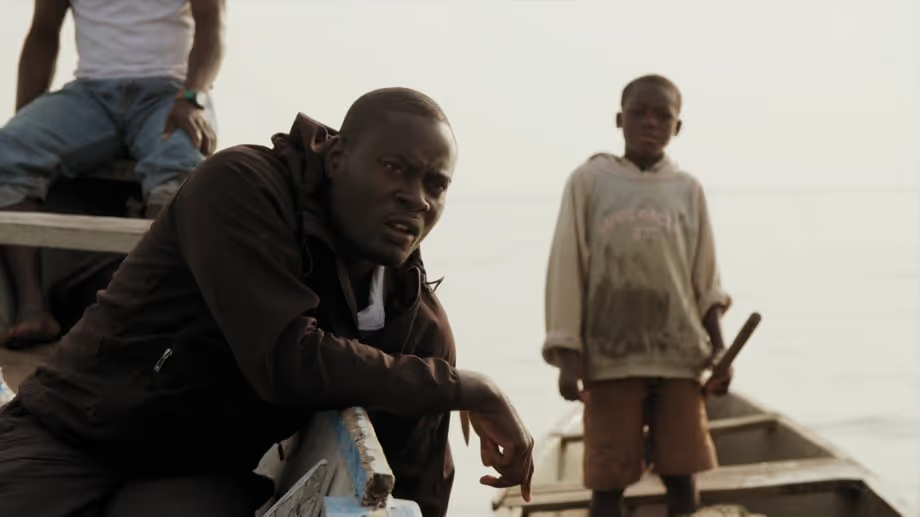The Rescue List: Discussion Guide
Filmmaker Statement

Several years ago, we met a Ghanaian man who told us his story of being trafficked into modern slavery as a child. He described enduring six years enslaved to fishermen who forced him to work on fishing boats on Lake Volta in Ghana. Eventually, he managed to escape, return home, and start kindergarten at age 13. As an adult, he assembled a courageous grassroots team to rescue and reunite trafficked children with their families.
His story shocked us and the statistics staggered us. Today, there are more than 45 million people enslaved worldwide, including over 18,000 children enslaved on Lake Volta alone. Despite its prevalence, human trafficking and modern slavery remain a hidden issue. Traffickers operate in the shadows of society, preying on economically and socially disadvantaged populations around the world. In part, it is the invisibility of modern slavery that allows it to persist.
As our relationship with the rescue team developed, we felt that we had a unique opportunity to shine a light on this issue through their work.
From the beginning, we wanted to empower the children in our film by telling the story from their perspectives, but it was of critical importance to us that their recoveries be paramount. We decided to make the film observationally. Our film intimately follows Peter and Edem as they work to recover from their trauma, viscerally portraying our protagonists’ day-to-day lives in recovery, rather than focusing on their past. By bearing witness to their daily lives, we sought to provide the children with a forum to tell their own stories through their words and actions. We found that this process of following the action, and telling the story through slow disclosure, conveyed the children’s gaps in memory and knowledge of what happened to them, while also revealing the steadfast friendships that enabled them to survive - something we had not expected. Through this observational process of discovery, authentic themes emerged: friendship, belonging, and survival. These themes are human universals that we all identify with and experience. We believe that character-driven stories like these humanize issues of global importance, moving audiences through the power of this universal connection.
Our observational approach is guided by our backgrounds in ethnographic filmmaking and our commitment to cross-cultural understanding. As outsiders to this community, we endeavored to understand the complexity of this human rights issue from a culturally relative point of view and to reflect that in the film. It was not our intention to villainize anyone, but rather to reveal the circumstances that create an environment in which children are exploited. We worked as a small three person team, embedded in the community, and immersed in our participants’ daily lives. Collaboration, reciprocity, and trust lay at the heart of our process. This allowed us to build strong relationships with our participants and create a film grounded in respect and understanding. By taking this approach, we witnessed a moving story of friendship, courage, and belonging that transcends the trope of victimhood, and shows us what it truly means to love and survive. We hope that audiences connect with the individuals in our film on a personal level, and come away with a better understanding of the complexity of trafficking, as well as a sense of hope for the future.
- Alyssa Fedele & Zachary Fink, Directors, The Rescue List
